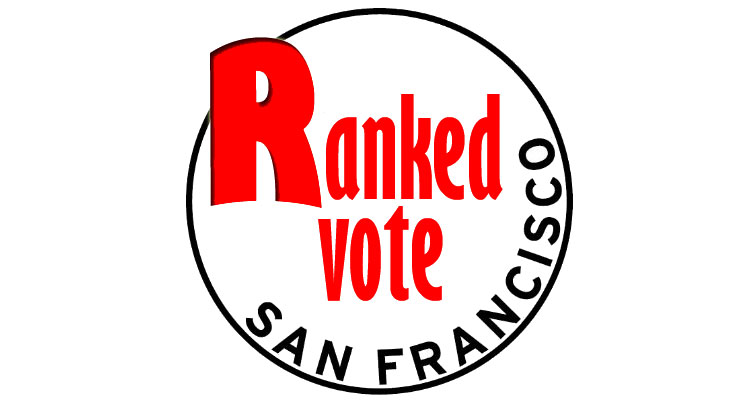
The latest news comes from a really interesting article on new changes to San Francisco’s already unique local voting system. From SF Weekly‘s Ida Mojadad:
This week, San Francisco supervisors approved a new voting system, which could enable voters to cast ballots on large Android tablets as early as November. Supervisors retroactively approved a contract Tuesday with Dominion Voting Systems, the only company that met the list of qualifications sought by the San Francisco Department of Elections. The contract costs $8.5 million and lasts through March 2023, but it could be renewed another two years for a total of $12.7 million.
The Elections Department all but knew Dominion would provide the new voting machines, as they were the sole bidder that meet certain criteria pertaining to security and open-source voting. Crucially, the machines allow up to 10 candidates for ranked-choice voting. As a reminder, that’s the system partly responsible — though vote-by-mail ballots that continued to pour in after Election Day were the main culprit — for the agonizing, eight-day wait last June for voters to find out who their new mayor would be.
SF Weekly has the full story. But what is ranked choice voting? According to Democracy Chronicles’ friends at at the nonpartisan nonprofit FairVote, an organization with its headquarters in Takoma Park, Maryland:
Ranked choice voting (RCV) makes democracy more fair and functional. It works in a variety of contexts. It is a simple change that can have a big impact. With ranked choice voting, voters can rank as many candidates as they want in order of choice. Candidates do best when they attract a strong core of first-choice support while also reaching out for second and even third choices.
When used as an “instant runoff” to elect a single candidate like a mayor or a governor, RCV helps elect a candidate that better reflects the support of a majority of voters. When used as a form of fair representation voting to elect more than one candidate like a city council, state legislature or even Congress, RCV helps to more fairly represent the full spectrum of voters.
Other states and localities that have recently seen legislation proposed to make the switch to ranked choice voting include Massachusetts, Connecticut, Vermont, New Hampshire, the city of Baltimore, and at least four cities in Utah. Click those links for the latest related Democracy Chronicles coverage!
What do you think about San Francisco’s new system, its technology choice, or ranked voting in general? Add you comment below…
Leave a Reply